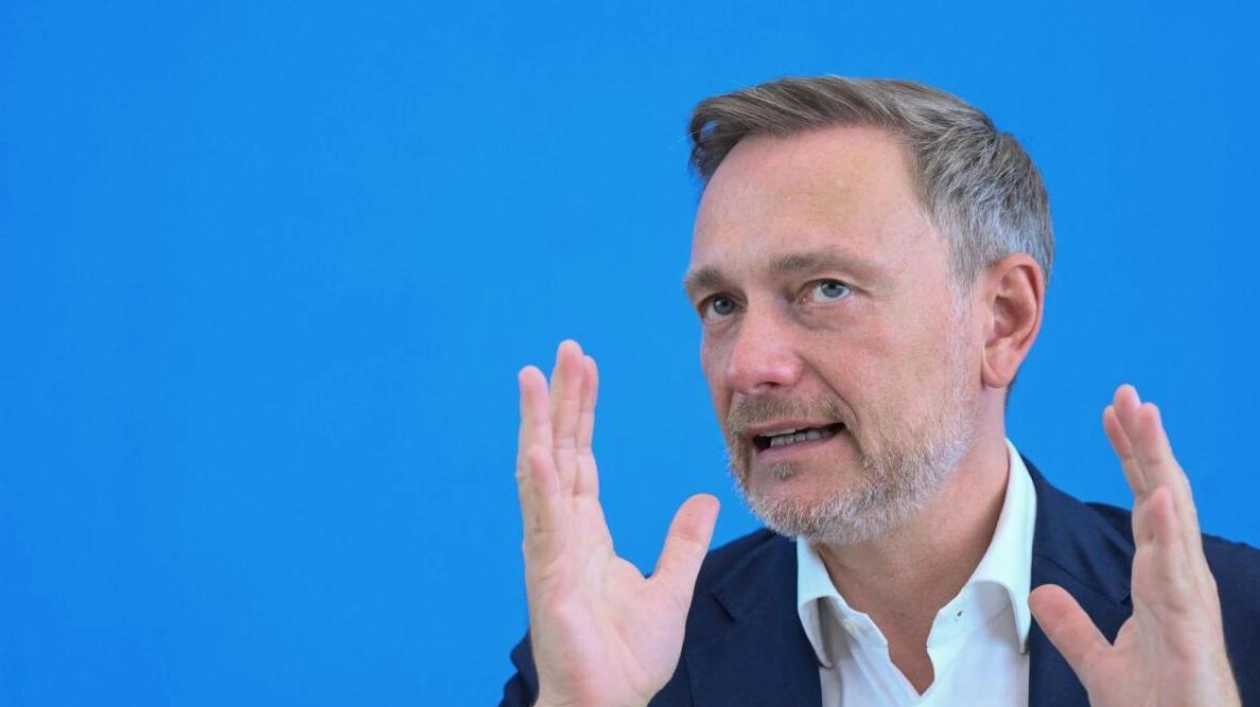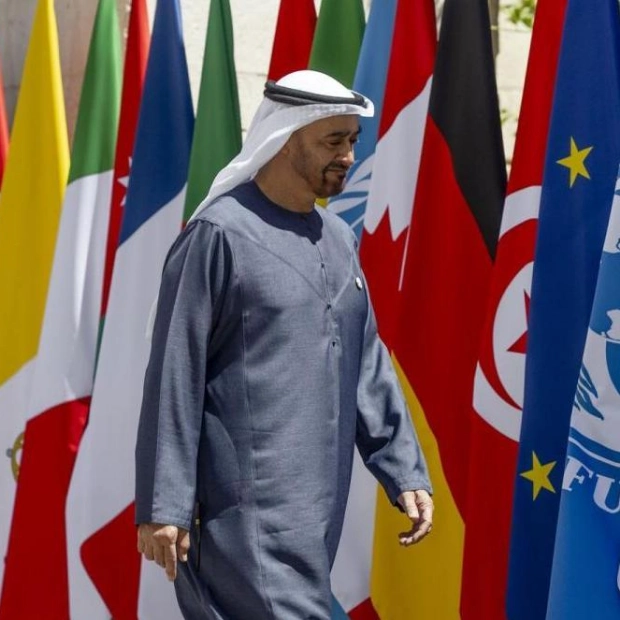Germany plans to reduce its military aid to Ukraine by half in 2025, amid concerns that a potential return of Republican candidate Donald Trump to the White House could lead to a decrease in support for Kyiv.
According to a draft of the 2025 budget seen by Reuters, German aid to Ukraine will be cut to four billion euros ($4.35 billion) from around eight billion euros in 2024. Germany expects Ukraine to largely meet its military needs with the $50 billion in loans from the proceeds of frozen Russian assets, which was agreed upon by the Group of Seven. The funds earmarked for armaments may not be fully utilized.
"Ukraine's financing is secured for the foreseeable future thanks to European instruments and the G7 loans," stated German Finance Minister Christian Lindner at a recent news conference. The U.S. has pushed for an early disbursement of these loans to provide Ukraine with a significant lump sum immediately. EU leaders have partly agreed to this approach, as it mitigates the risk of Ukraine facing financial shortages if Trump were to return to power.
This week, concerns escalated across Europe when Trump selected Senator JD Vance, who opposes military aid for Ukraine and has warned that Europe may need to rely less on the U.S. for defense, as his vice presidential candidate. Trump has previously drawn criticism from Western officials for suggesting he would not defend countries that did not meet NATO's defense spending targets and might even encourage Russia to attack them.
Germany has been criticized for consistently missing NATO's target of spending two percent of its GDP on defense. The German military's stocks, already depleted by decades of underinvestment, have further diminished due to arms supplies to Kyiv. So far, Berlin has donated three Patriot air defense units to Kyiv, the highest number among all countries, reducing the number of Patriot systems in Germany to nine.
Despite the reduction in military aid to Ukraine, Germany plans to meet NATO's two percent GDP defense spending target in 2025, with a total of 75.3 billion euros. Following Russia's 2022 invasion of Ukraine, Chancellor Olaf Scholz announced a "Zeitenwende"—a historic turning point—with a 100 billion euro special fund to modernize the military. From this fund, an additional 22 billion euros will be allocated for defense, along with 53.3 billion euros in the regular budget, which is still less than what Defense Minister Boris Pistorius has requested.
The defense budget is set to increase by a mere 1.3 billion euros in 2025, far below the 6.7 billion euros requested by Pistorius. As rising annual operating costs exceed this increase, the defense ministry is compelled to cut ammunition orders for 2025 by more than half, reduce procurement by 260 million euros, and decrease research and development by over 200 million euros. The 2025 budget includes mid-term financial planning until 2028, when the special fund for meeting NATO's minimum spending goals is expected to expire, requiring 80 billion euros for defense, as outlined in the financial plan.
By 2028, there will be a gap of 39 billion euros in the regular budget, with 28 billion euros needed to meet the NATO target without the special fund, according to sources from the finance ministry. Decisions on how to address this shortfall are unlikely to be made until after the 2025 election. "The 80 billion euros projected for 2028 simply do not exist," stated Ingo Gaedechens, a member of the parliament's budget committee from the conservative opposition party CDU. "The coalition is not even attempting to conceal this but is openly admitting it."






